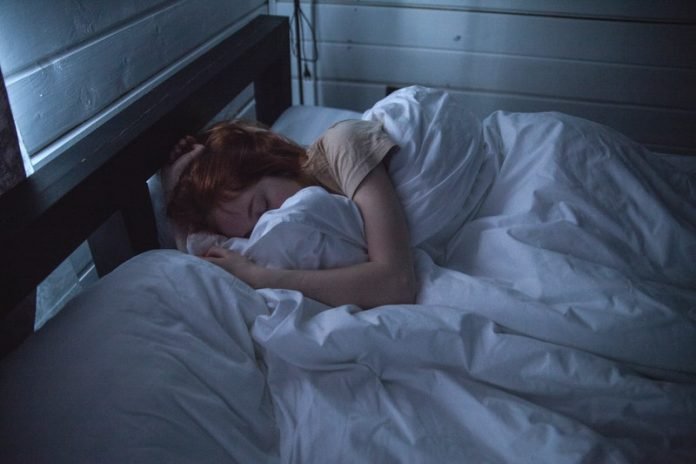
In a new study, researchers found insomnia can be treated effectively at the family doctor’s office without the use of drugs.
They confirmed Cognitive Behavioural Therapy for Insomnia (CBT-I) is effective in improving self-reported sleep, with improvements generally lasting up to 12 months after treatment.
The research was conducted by a team from Queen’s University.
Chronic insomnia, in which people have difficulties falling asleep or staying asleep at least three nights a week for three months or more, affects about 10 to 15% of adults.
The condition is linked to health problems including depression, difficulties in functioning, and large reductions in work productivity.
In the study, the team conducted a systematic review of studies in which patients were provided with CBT-I through their family doctor’s office.
GPs were directly involved in administering the CBT-I in a minority of the studies, but most CBT-I was provided by nurses, nurse practitioners, mental health workers, and psychologists.
The team analyzed 13 studies involving 1,594 patients.
They found that between 4 and 6 sessions of CBT-I produced medium to large beneficial effects on time to sleep onset and wakefulness during the night.
Patients felt much more content with their sleep after receiving the treatment.
The researchers say that CBT-I works effectively in primary care and seems well-suited for multidisciplinary general practice.
Widespread studies have established that CBT-I works well to get patients sleeping well again and as a treatment, it is both effective and lasting.
The team believes this is a way for general practitioners (GPs) to help insomnia sufferers without prescribing drugs.
The lead author of the study is Queen’s University’s Judith Davidson.
The study is published in the British Journal of General Practice.
Copyright © 2019 Knowridge Science Report. All rights reserved.



